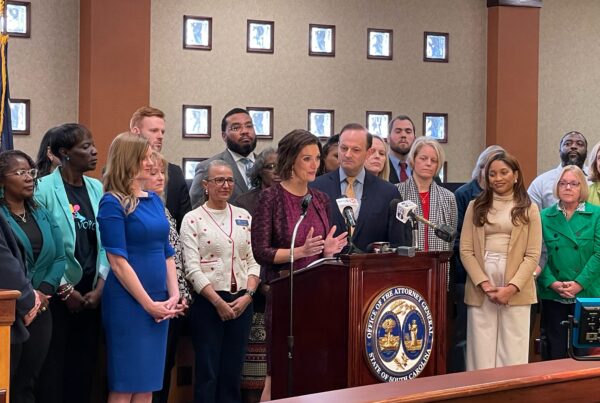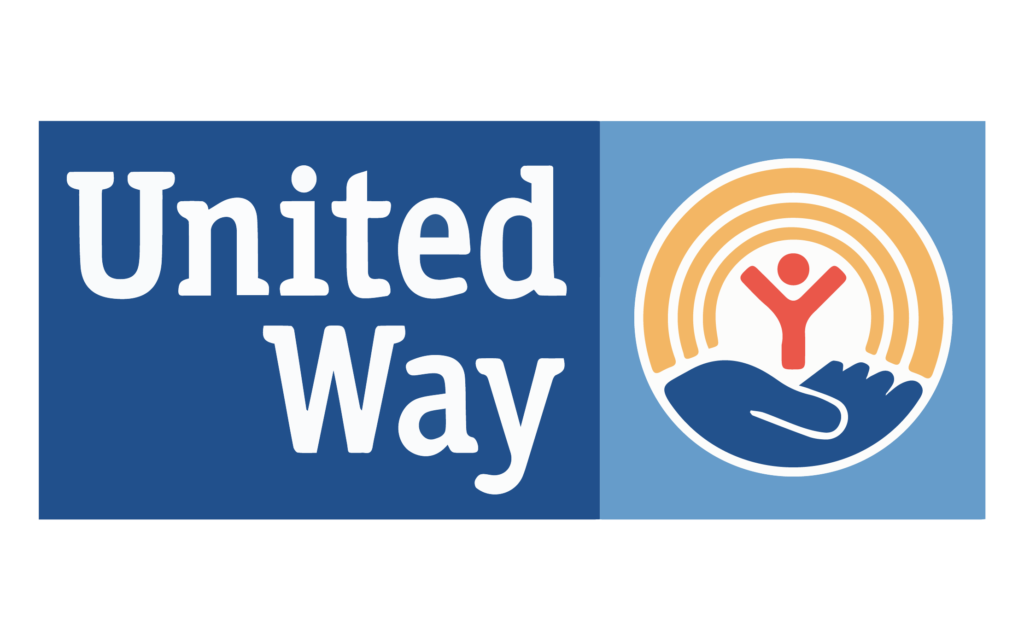
April 1, 2025
The Link Between Homelessness and Human Trafficking
Human trafficking can happen anywhere, to anyone. It does not discriminate between gender, race, income…
March 25, 2025
What Kinds of Human Trafficking Are There?
Human Trafficking in the United States Every year, millions of people across the globe are…

March 15, 2025
The Role of Technology in Combatting Human Trafficking: How AI, Blockchain, and Data Are Changing the Fight
Technology is redefining nearly every aspect of our world—from how we connect with one another…

February 19, 2025
This is why we do what we do.
This is why we do what we do. At Safe House Project, we fight every…
February 4, 2025
Justice for Survivors: Why Civil Legal Remedies Matter
JUSTICE FOR SURVIVORS WHY CIVIL LEGAL REMEDIES MATTER Survivors of human trafficking in the United…
February 4, 2025
Safe House Project Urges RFK Jr.’s Swift Confirmation to Reform Trafficking Hotline
FOR IMMEDIATE RELEASE February 4, 2025 Media Contact: pr@safehouseproject.org Safe House Project Calls for…








